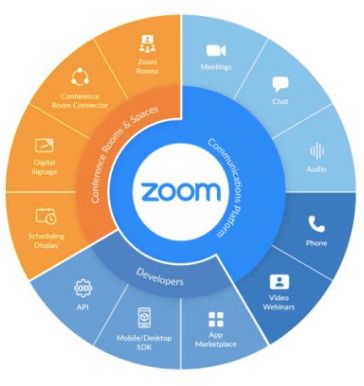The Process of Selling Your Education/Edtech Company

While there are many reasons why edtech companies fail, there are also a number of reasons for wanting to sell off a successful edtech company. After years of watching you reach one goal after the other, your investors and shareholders may insist on some financial return. Or maybe you established your business to have a good chance of acquisition in the first place. Or maybe you’ve reached the end of your personal and entrepreneurial stamina.
Serial entrepreneur, Anil Hemrajani offers these tips on what to keep in mind should you consider selling your startup.
Before you contact prospective buyers
Hemrajani shares the following wisdom he received from someone along the way, worth repeating here: Operate your company like you’ll own it forever but keep your records like you’ll sell tomorrow. That means keeping your accounting, legal, HR and other business documentation in good order.
Also, make sure that you have professional financial and legal advisors that you can trust to help you navigate the acquisition process. Have ready a pitch deck that contains all the information a buyer might need, covering issues like your product or solution, business model, financials, market, competitors, etc.
Finding a buyer
There is a strategy to finding a buyer and it doesn’t start on the day you decide to sell. It starts with the relationships that you build up along the way. For his startup, Big Universe, half of the prospective buyers came to Hemrajani through personal networking at industry conferences. For Chattypeople founder, Murray Newlands, potential buyers found him through his established credibility as an expert in chatbots, which he established on various platforms.
Finding a buyer can take a long time. When you do come across one, make sure you develop a rapport with one of the executives. That can help to smooth your dealings, advises Hemrajani.
Valuing your company
There are many ways to value a business. Ultimately, the business is worth whatever the owner thinks it’s worth, based on certain criteria. In general, sale prices range between 1X to 3X of revenue, but getting a reliable estimate can be like throwing darts in the dark, says Hemrajani. The value is influenced by things like the proven demand for your product or service, your business model, strategic fit for a buyer, and other factors. Ultimately, it comes down to what a buyer is willing to pay and the prospect of the expected return on investment.
Decide carefully when to sell
The best time to sell is when your growth is on the upswing and not when the company is not doing very well or the market is lagging. It’s important to keep working for the success of your company, to keep innovating as if you have no intention to sell.
Drawing up the contracts
This is a complicated issue that will be handled by your legal advisors. There is no easy template for selling a startup; each situation is unique. It’s going to cost you, but get the best legal advice you can afford.
Due diligence
This is part of the process that will test your patience to the limit. Expect to have at the ready more than 100 different items, ranging from corporate and financial documents to customer demographics and agreements, patents, trademarks, and information on supply chains and suppliers. And much, much more.
Life after the deal has been closed
You have succeeded. You sold your company, now what? A new life with the new owner starts. In the beginning the new owner may let you continue operating reasonably independently, but over time things will become more integrated. Things will change, and that may be difficult to adjust to. Some employees will simply leave.
It’s tough to start a company, and it’s exhilarating but exhausting to grow it. Selling it off might feel like a relief but it’s also the end of something that was important. Allow some time to acknowledge the fact.






